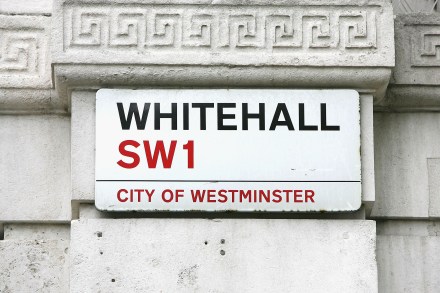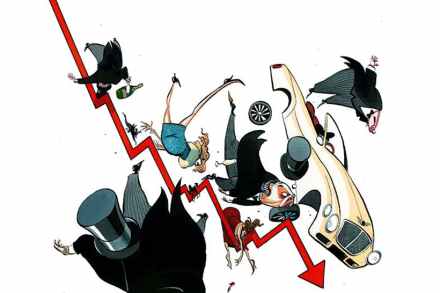The civil service definition of bullying has changed over the years
In my 37 years in the Diplomatic Service, I neither witnessed nor experienced what I considered to be bullying. There were senior officials who took regular pleasure in finding fault with a cutting remark. Others swore like troopers. I was the speechwriter to three Foreign Secretaries. One of them told me, with a sardonic laugh, that my latest draft was ‘as useful as a dead fish’. But never in a month of Sundays did I think any of this to be bullying. The Foreign Office had exacting standards and you expected to be held to them. Still less was it grounds for complaint if the minister rejected your advice, even




















